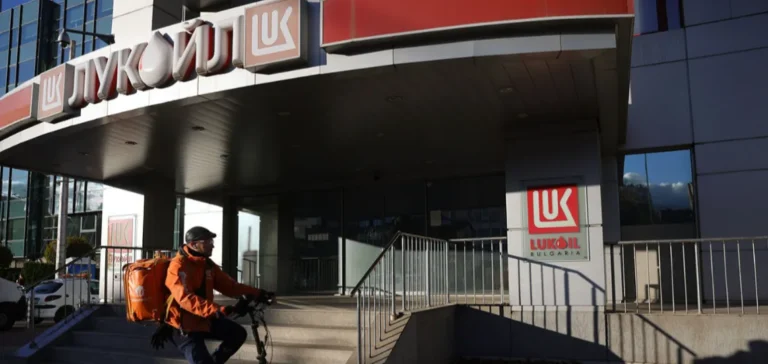Bulgaria’s parliament has enacted a temporary ban on exporting certain petroleum products to European Union member states, including diesel and aviation fuel, following US sanctions on Lukoil, the Russian company operating the country’s largest oil refinery. The move is intended to ensure the stability of domestic supply amid regional disruptions linked to geopolitical tensions.
Parliamentary vote backed by ruling coalition
The resolution, initiated by the governing parties, was approved with 135 votes in favour, 4 against, and 42 abstentions. The export ban does not apply to the refuelling of domestic or foreign ships and aircraft, nor to deliveries intended for the armed forces of EU and North Atlantic Treaty Organization (NATO) member states.
The Customs Agency has been mandated to strictly enforce the restriction on the specified fuel products. Its director is authorised to issue exemptions at their discretion for specific export cases deemed necessary.
Urgent inspection of national fuel reserves
The chairman of the State Agency for State Reserve and Wartime Stocks has been tasked with verifying the country’s strategic fuel stock levels within one week. This directive follows government announcements aiming to secure uninterrupted oil and derivative supplies in response to the sanctions imposed by Washington.
Lukoil, Russia’s second-largest oil company, operates the 190,000 barrel-per-day Burgas refinery. It also manages a network of over 200 fuel stations and maintains a logistics system for fuel transport and storage across the country.
Lukoil restructures foreign asset portfolio
One day prior to the parliamentary vote, Lukoil announced it had accepted a purchase offer from commodity trading firm Gunvor Group for its international assets. The company has been seeking to divest several foreign operations impacted by the latest round of sanctions.






















